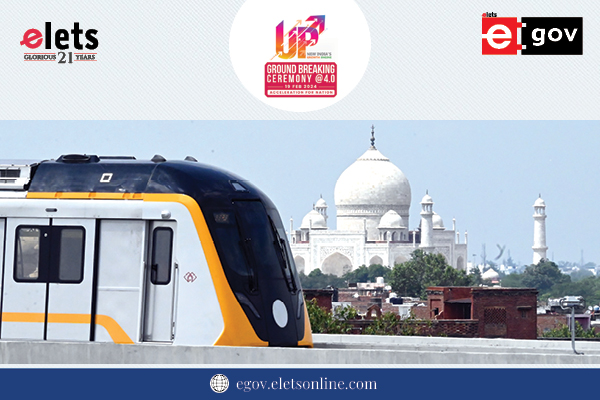As there is generally no medical specialist in remote areas, there is a great need to provide specialized support for the betterment of health in these areas. In fact, the advantages are manifold; the patients do not have to travel to a super-specialty hospital from distant places, which results in saving his valuable time and money. It is extremely facilitating in getting specialist opinion on several tests done at the local health centre, where there is no expert available. Moreover, through telemedicine, medical experts at the super-specialty hospitals can also share their expert experiences and opinions on patients …
The ICT initiatives in various countries of Africa and other developing regions have contributed towards the speedy development in those areas in terms of various development parameters like education, healthcare, communication to rural areas, upliftment of women, equitable distribution of commerce, etc. The declining price of broadband communication and long distance connectivity has made communication affordable to evolve various kinds of services. The relentless efforts of various world bodies like IEEE, ITU, etc. in getting interoperable technologies have made it possible to improve key indicators such as life expectancy and infant mortality in widely disparate countries, through cost-effective use of ICT-based healthcare systems.
Telemedicine has been providing meaningful and affordable healthcare to people living in rural and distant areas. Barriers due to distance vanishes when we provide online medical consultation for the benefit of people across the region, country, continents, etc. Already many hospitals in different parts of the country and in the world have adopted telemedicine, which is used for diagnosis of patients in distant, remote and unaccessible areas. Many corporate bodies have started thinking of providing telemedicine as corporate benefits. Employees of those companies who are stationed at remote sites can avail the medical facilities at par with employees in the headquarters of those corporate offices, which is usually located in a big city. Employees thus get confidence while working in remote areas, as they realise that their health would not be compromised just because of their geographic locations.

Telemedicine set up
The main welfare objective of the telemedicine services is to provide medical help to the people located in far-flung areas. Through DICOM compliant modalities, images such as X-ray, ECG, Ultrasound, etc. are transmitted to a medical expert, located at a distance. The videoconferencing between doctors and patients, transmission of still images, patient records, remote monitoring of vital signs, continuing medical education may all be considered as part of telemedicine.
As there is generally no medical specialist in remote areas, there is a great need to provide specialized support for the betterment of health in these areas. In fact, the advantages are manifold; the patients do not have to travel to a super-specialty hospital from distant places, which results in saving his valuable time and money. It is extremely facilitating in getting specialist opinion on several tests done at the local health centre, where there is no expert available. Moreover, through telemedicine, medical experts at the super-specialty hospitals can also share their expert experiences and opinions on patients, cases and clinical information with the doctors at remote locations for the enrichment of their knowledge.

A telemedicine system consists of customized medical software integrated with computer hardware, along with medical diagnostic equipments connected to communication backbone, like leased line/PSTN/ISDN or VSAT. Normally, the medical record/history of the patient is sent to the specialist doctors, who will in turn study and provide diagnosis and treatment during live tele-interactions from the patient’s end. The facility caters normally for transmission of patient’s medical images, records, output from medical devices, and sound files, besides live two-way audio and video. With the help of these, a specialist doctor could advise a doctor or a paramedic at the patient’s end online, saving critical time and resources.
Recently a telemedicine initiative has encouraged people in Ethiopia to get consultation from CARE Hospital, Hyderabad. It is known as the Ethiopia Pilot project (funded by Govt. of India). Under this project
Be a part of Elets Collaborative Initiatives. Join Us for Upcoming Events and explore business opportunities. Like us on Facebook , connect with us on LinkedIn and follow us on Twitter, Instagram.











